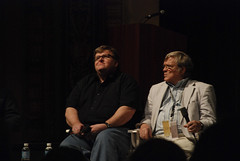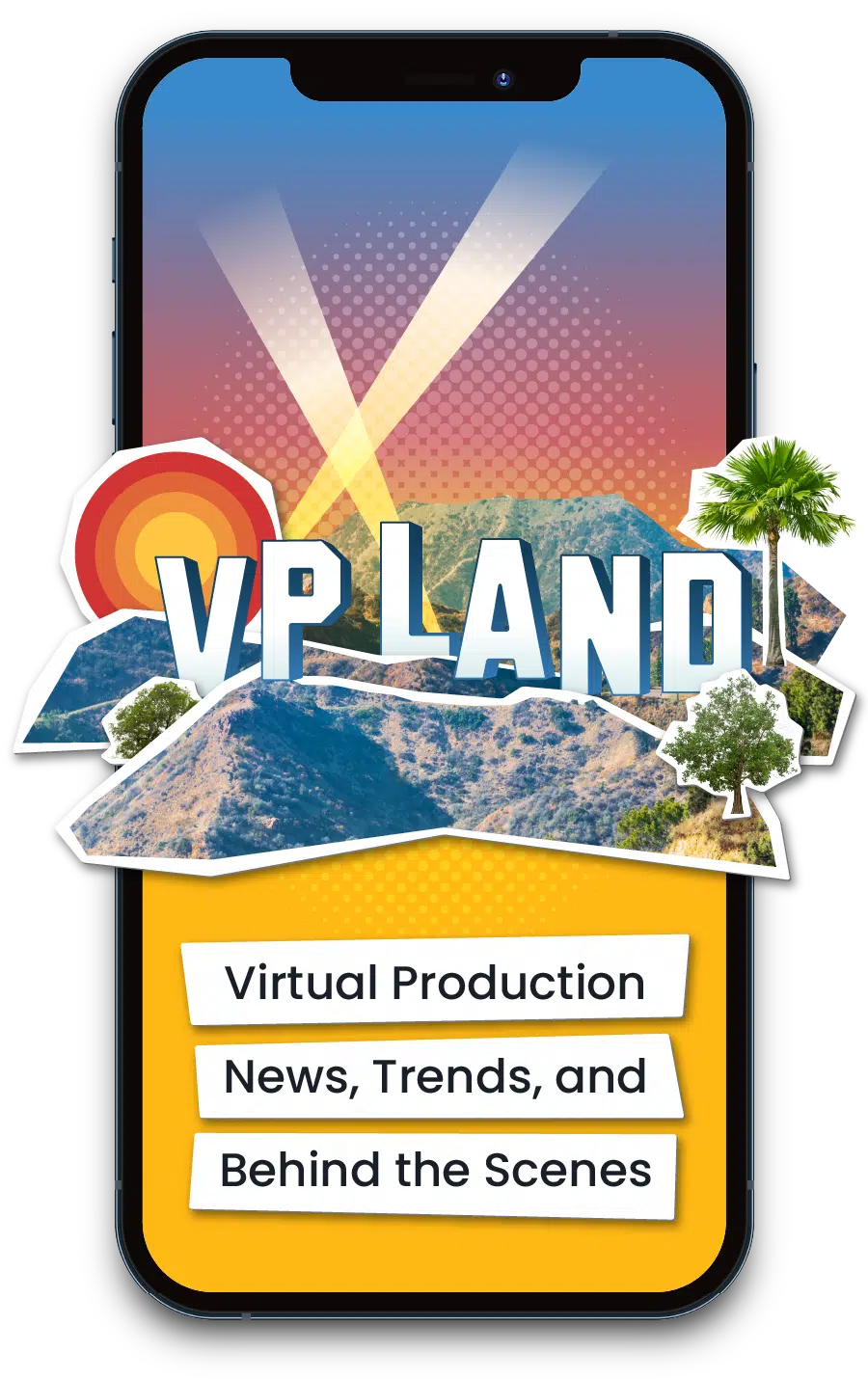Being that our second semester was mainly dominated by documentaries, The Film School supports us in going to the Full Frame Documentary Film Festival, which ran from April 12-15 in Durham, NC. I know this post is slightly overdue, but I was waiting for the Festival to post the winners on their website. They still haven’t, but luckily, Cyndi Greening did.
My wait was futile, though, because I didn’t see a single film on the list. A few classmates did, and I heard great things about Uganda Rising and The Devil Came on Horseback, so I’m not surprised to see they won. I chose to see some of the more niche films, and there were a few I thoroughly enjoyed.

Helvetica
This was by far my favorite film of the festival. There’s no double meaning hidden in the title – this film is about the typeface Helvetica. The screening was sold out, but fortunately I got my ticket as soon as it was available.
I probably would have seen this film just based on my interest in design, but doing a documentary on cubicles, I wanted to see how someone handled a feature-length film on a font. The answer lies in finding wildly entertaining and passionate subjects. The interviewees loved what they do and had strong feelings toward Helvetica. They made the creation of a font sound like a defining moment that changed the world – and after watching the film I think I can agree ((I’d also like to know why Helvetica doesn’t come with Windows)).
The opening presenter made a really good point, one that has also helped me in thinking about my film. A good documentary doesn’t have to change the world, just change the way you look at it. Helvetica definitely did that. You’ll never look at font the same way again.
Welcome to Nollywood
Did you know that Nigeria is the third largest producer of feature films in the world, after the US and India? Neither did I until I read the festival program and immediately got my ticket for this film. A truly independent documentary, it was made by a school teacher from NY who took two trips to Nigeria to document their film business. Unlike our polished Hollywood system, guerrilla filmmaking is the norm. Producers grabbing people off the street to be an actor, lights blowing fuses, and crew members throwing firecrackers at actors for gunshots are all part of the business. I think my favorite part was the Action Film Academy – a school devoted to training people to take a fake punch and wear a squib.
It was really great to hear how the director, Jamie Meltzer, read about the Nigerian film industry and decided to make the trip over and make a documentary. Contrary to everything he read about traveling to Nigeria (don’t go), he said his experience was great and the directors/producers were very open to him.
Operation Homecoming
I guess it was inevitable to see an Iraq War film, but I truly enjoyed Operation Homecoming. Originally an anthology of short stories, in 2004 the National Endowment of the Arts started Operation Homecoming, a program to get soldiers in Iraq and Afghanistan to write their firsthand accounts of war. Covering about nine of the stories, the documentary re-enacts the soldiers tales’ through various methods – photo-montage, news footage, animation, actual footage, etc.
I enjoyed it because it got down to the human costs of war – the medic that has to tell a patient he’s going to be fine when he isn’t; the guard who accidentally shoots a man’s son; a soldier in a gun battle who has to get out of the tank because the ammo is stored on the outside. But I also enjoyed it because it shows the many forms documentaries can take. There’s a lot of documentary bashing at The Film School, but this proves they don’t all have to be the talking head kind.
Some other films I enjoyed were The Dentist From New Jersey; The Socialist, The Architect & The Twisted Tower; and Crazy Love.
 Being Film Students we got to attend as Fellows, meaning we got to sit in on a few panels. One was The Power of Ten, a panel of ten documentarians including Michael Moore, Chris Hegedus, and Mira Nair ((You should check out Power of Ten, a short they showed during opening night)). Another was Show Me the Money, a panel about funding and distribution with execs from various studios and Netflix. One thing I found very interesting about Netflix was their new Red Envelope Entertainment division, a new section of the company for producing original content and distributing documentaries that would otherwise never find an outlet ((On that note, a few weeks later This Film Is Not Yet Rated arrived with a Red Envelope logo right before the film)).
Being Film Students we got to attend as Fellows, meaning we got to sit in on a few panels. One was The Power of Ten, a panel of ten documentarians including Michael Moore, Chris Hegedus, and Mira Nair ((You should check out Power of Ten, a short they showed during opening night)). Another was Show Me the Money, a panel about funding and distribution with execs from various studios and Netflix. One thing I found very interesting about Netflix was their new Red Envelope Entertainment division, a new section of the company for producing original content and distributing documentaries that would otherwise never find an outlet ((On that note, a few weeks later This Film Is Not Yet Rated arrived with a Red Envelope logo right before the film)).
Overall, Full Frame is probably one of the best film festivals I’ve been to. Durham is a great town, the festival was well run and mostly in one area, and when it wasn’t a shuttle was always available. Now I just have to try to be on the other side of the podium next year.

